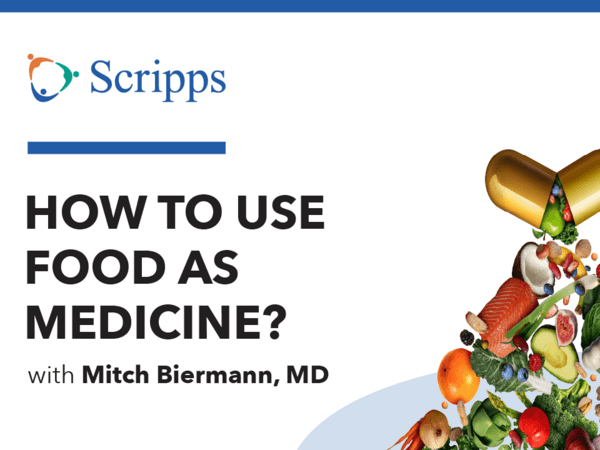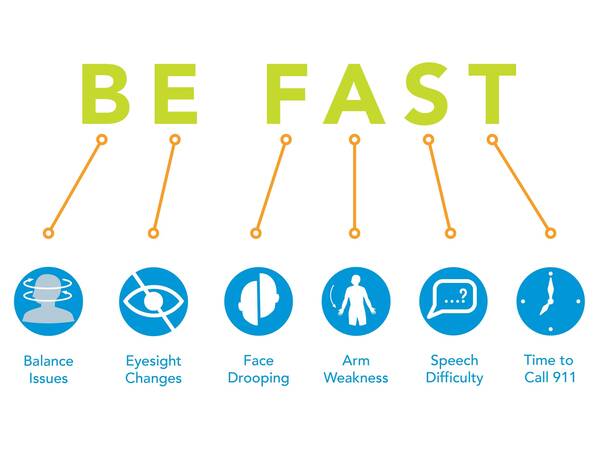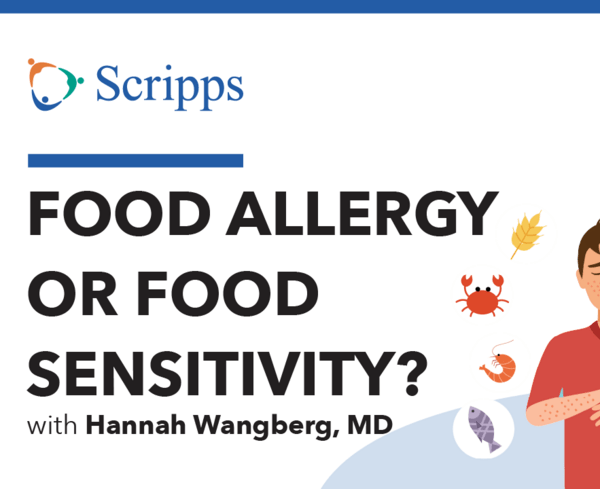Health and Wellness | May 31, 2023
How Supplements Can Help Treat Migraines
Health and Wellness | May 22, 2023
Can Your Nails Show Signs of an Illness?
Health and Wellness | May 11, 2023
Good Fats vs Bad Fats
Health and Wellness | May 3, 2023
LGBTQ+ Health Care Needs: What Are They?
Health and Wellness | May 2, 2023
Is Organic Produce Worth It?
Health and Wellness | May 2, 2023
How to Use Food as Medicine (video/podcast)
Health and Wellness | May 1, 2023
Act Fast to Stop a Stroke
Health and Wellness | April 18, 2023
What To Do, and Not Do In Case of a Snake Bite
Health and Wellness | April 17, 2023
Food Allergy vs Food Sensitivity: What’s the Difference? (video/podcast)
Health and Wellness | April 17, 2023









